Articles
Can Sleep Apnea Cause Low Oxygen Levels During the Day?
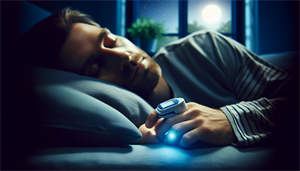 August 21st, 2024
August 21st, 2024
Sleep apnea causes reduced daytime oxygen, leading to fatigue and headaches; treatment includes CPAP, lifestyle changes, and monitoring.
Sleep Apnea and Mental Health
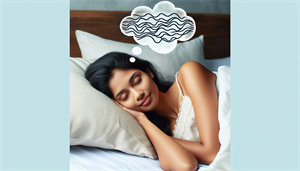 August 21st, 2024
August 21st, 2024
Sleep apnea affects mental health, causing mood swings and worsening psychiatric conditions. Treating it can alleviate these symptoms and improve well-being.
Sleep Apnea and Sleep Paralysis
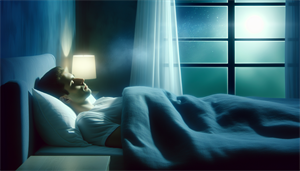 August 21st, 2024
August 21st, 2024
Treatments for sleep apnea, like CPAP therapy, may also reduce sleep paralysis, with lifestyle changes aiding both conditions.
How to Train Your Body to Sleep on Your Back
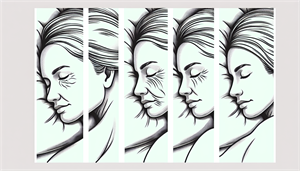 August 21st, 2024
August 21st, 2024
Transition to back sleeping for health benefits like spinal alignment by using the right mattress, pillow placement, and consistent sleep routines.
How to Stop Sleeping with Your Mouth Open
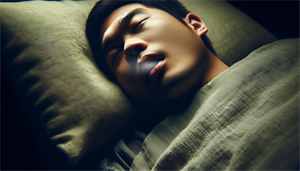 August 21st, 2024
August 21st, 2024
Stop mouth breathing during sleep to avoid health risks by clearing nasal passages, adjusting sleep positions, and considering professional treatments.
Can Depression Cause Sleep Apnea?
 August 21st, 2024
August 21st, 2024
Sleep apnea and depression are linked, with overlapping symptoms. Treating sleep apnea may also alleviate depression.
Sleep Apnea and Seizures
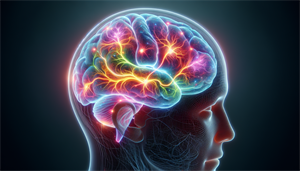 August 21st, 2024
August 21st, 2024
Sleep apnea, particularly OSA, can increase seizure frequency, with treatments like CPAP therapy and anti-seizure medication potentially reducing occurrences.
Do Chin Straps Work to Stop Snoring?
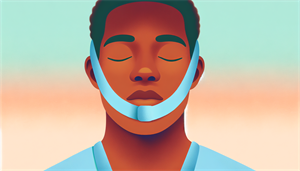 August 21st, 2024
August 21st, 2024
Anti-snore chin straps promote nasal breathing but may not suit everyone, especially sleep apnea sufferers, and don't address snoring's root causes.
Can You Develop Sleep Apnea After Surgery?
 August 21st, 2024
August 21st, 2024
Surgery may exacerbate sleep apnea, requiring careful preoperative and postoperative management for patient safety.
Snoring and Allergies
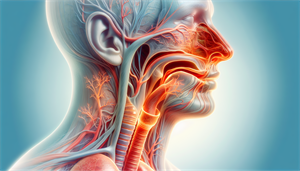 August 21st, 2024
August 21st, 2024
Allergies, causing nasal congestion, are a key factor in snoring, with treatments like antihistamines and corticosteroids helping to reduce symptoms.